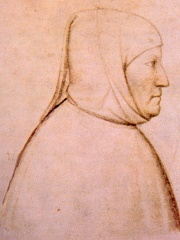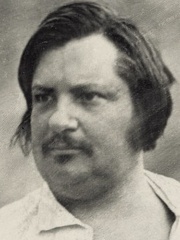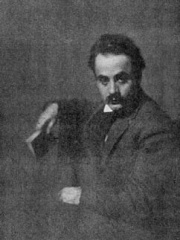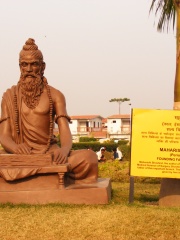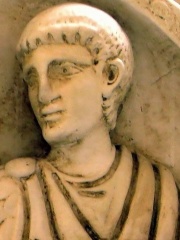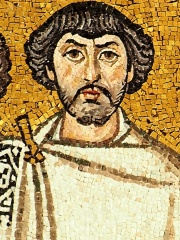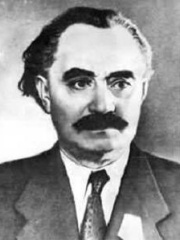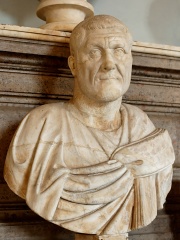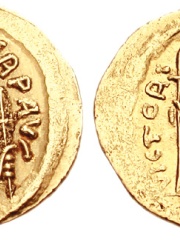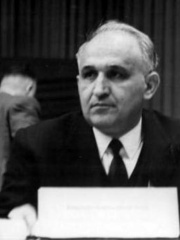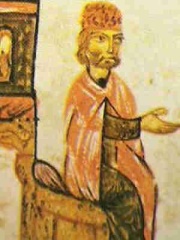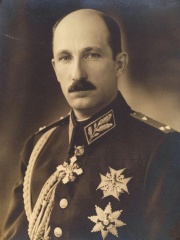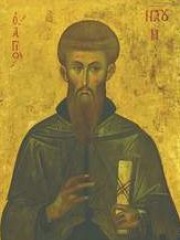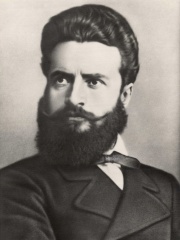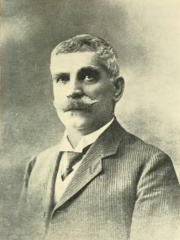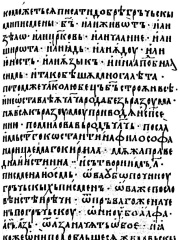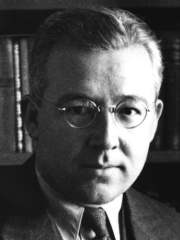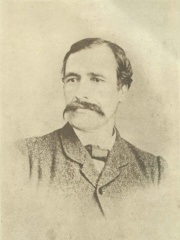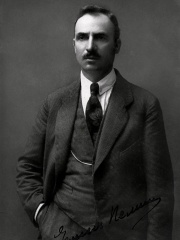Writer
Aesop
620 BC - 564 BC
EN.WIKIPEDIA PAGE VIEWS (PV)
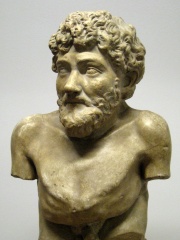
 Aesop
Aesop
His biography is available in 102 different languages on Wikipedia (up from 99 in 2024). Aesop is the 29th most popular writer (down from 23rd in 2024), the most popular biography from Bulgaria and the most popular Bulgarian Writer.
Aesop is most famous for his fables, which are short stories about animals that teach a moral lesson.
Memorability Metrics
Page views of Aesop by language
Among Writers
Among writers, Aesop ranks 29 out of 7,302. Before him are Albert Camus, Hesiod, Anton Chekhov, Rumi, Petrarch, and Honoré de Balzac. After him are Antoine de Saint-Exupéry, Gabriel García Márquez, Giovanni Boccaccio, Agatha Christie, H. G. Wells, and Khalil Gibran.
Most Popular Writers in Wikipedia
Go to all RankingsAlbert Camus
1913 - 1960
HPI: 86.77
Rank: 23
Hesiod
800 BC - 700 BC
HPI: 86.72
Rank: 24
Anton Chekhov
1860 - 1904
HPI: 86.67
Rank: 25
Rumi
1207 - 1273
HPI: 86.64
Rank: 26
Petrarch
1304 - 1374
HPI: 86.60
Rank: 27
Honoré de Balzac
1799 - 1850
HPI: 86.38
Rank: 28
Aesop
620 BC - 564 BC
HPI: 86.32
Rank: 29
Antoine de Saint-Exupéry
1900 - 1944
HPI: 86.21
Rank: 30
Gabriel García Márquez
1927 - 2014
HPI: 86.19
Rank: 31
Giovanni Boccaccio
1313 - 1375
HPI: 85.98
Rank: 32
Agatha Christie
1890 - 1976
HPI: 85.80
Rank: 33
H. G. Wells
1866 - 1946
HPI: 85.76
Rank: 34
Khalil Gibran
1883 - 1931
HPI: 85.57
Rank: 35
Contemporaries
Among people born in 620 BC, Aesop ranks 1. After him are Alcaeus of Mytilene, and Sushruta. Among people deceased in 564 BC, Aesop ranks 1.
Others Born in 620 BC
Go to all RankingsAesop
WRITER
620 BC - 564 BC
HPI: 86.32
Rank: 1
Alcaeus of Mytilene
WRITER
620 BC - 560 BC
HPI: 76.62
Rank: 2
Sushruta
PHYSICIAN
620 BC - 600 BC
HPI: 68.12
Rank: 3
Others Deceased in 564 BC
Go to all RankingsIn Bulgaria
Among people born in Bulgaria, Aesop ranks 1 out of NaN. After him are Flavius Aetius (390), Belisarius (505), Ahmed III (1673), Elias Canetti (1905), Simeon Saxe-Coburg-Gotha (1937), Georgi Dimitrov (1882), Maximinus Thrax (173), Phocas (547), Todor Zhivkov (1911), Simeon I of Bulgaria (864), and Boris III of Bulgaria (1894).
Others born in Bulgaria
Go to all RankingsAesop
WRITER
620 BC - 564 BC
HPI: 86.32
Rank: 1
Flavius Aetius
MILITARY PERSONNEL
390 - 454
HPI: 81.25
Rank: 2
Belisarius
MILITARY PERSONNEL
505 - 565
HPI: 81.11
Rank: 3
Ahmed III
POLITICIAN
1673 - 1736
HPI: 79.71
Rank: 4
Elias Canetti
WRITER
1905 - 1994
HPI: 79.19
Rank: 5
Simeon Saxe-Coburg-Gotha
POLITICIAN
1937 - Present
HPI: 79.05
Rank: 6
Georgi Dimitrov
POLITICIAN
1882 - 1949
HPI: 77.41
Rank: 7
Maximinus Thrax
POLITICIAN
173 - 238
HPI: 77.29
Rank: 8
Phocas
POLITICIAN
547 - 610
HPI: 75.93
Rank: 9
Todor Zhivkov
POLITICIAN
1911 - 1998
HPI: 75.86
Rank: 10
Simeon I of Bulgaria
POLITICIAN
864 - 927
HPI: 75.79
Rank: 11
Boris III of Bulgaria
POLITICIAN
1894 - 1943
HPI: 75.47
Rank: 12
Among Writers In Bulgaria
Among writers born in Bulgaria, Aesop ranks 1. After him are Elias Canetti (1905), Saint Naum (830), Hristo Botev (1848), Ivan Vazov (1850), Georgi Markov (1929), Chernorizets Hrabar (890), Sabahattin Ali (1907), Gregory Tsamblak (1365), Constantine of Preslav (900), Georgi Sava Rakovski (1821), and Elin Pelin (1877).
Aesop
620 BC - 564 BC
HPI: 86.32
Rank: 1
Elias Canetti
1905 - 1994
HPI: 79.19
Rank: 2
Saint Naum
830 - 910
HPI: 71.44
Rank: 3
Hristo Botev
1848 - 1876
HPI: 66.78
Rank: 4
Ivan Vazov
1850 - 1921
HPI: 66.25
Rank: 5
Georgi Markov
1929 - 1978
HPI: 65.15
Rank: 6
Chernorizets Hrabar
890 - 950
HPI: 65.00
Rank: 7
Sabahattin Ali
1907 - 1948
HPI: 63.00
Rank: 8
Gregory Tsamblak
1365 - 1420
HPI: 62.19
Rank: 9
Constantine of Preslav
900 - 1000
HPI: 59.46
Rank: 10
Georgi Sava Rakovski
1821 - 1867
HPI: 58.68
Rank: 11
Elin Pelin
1877 - 1949
HPI: 58.63
Rank: 12




